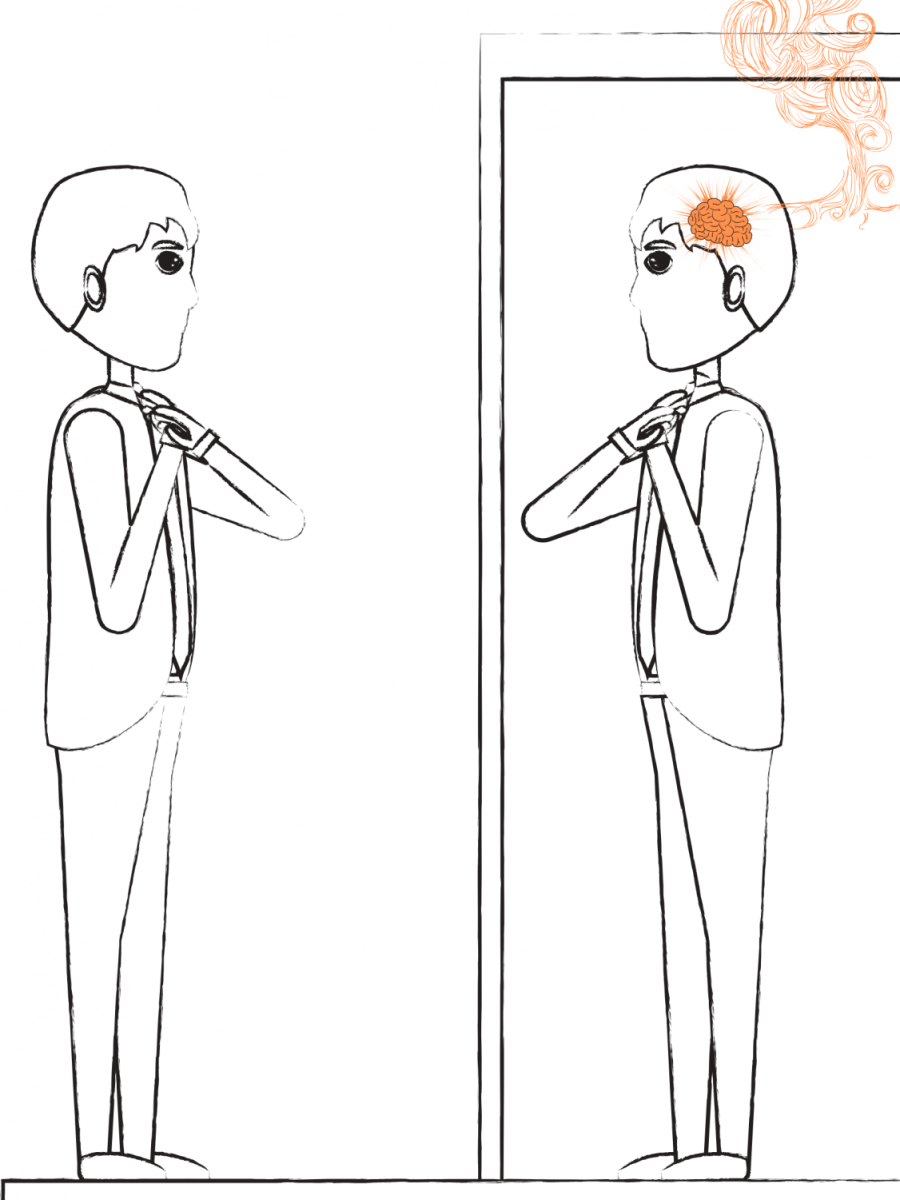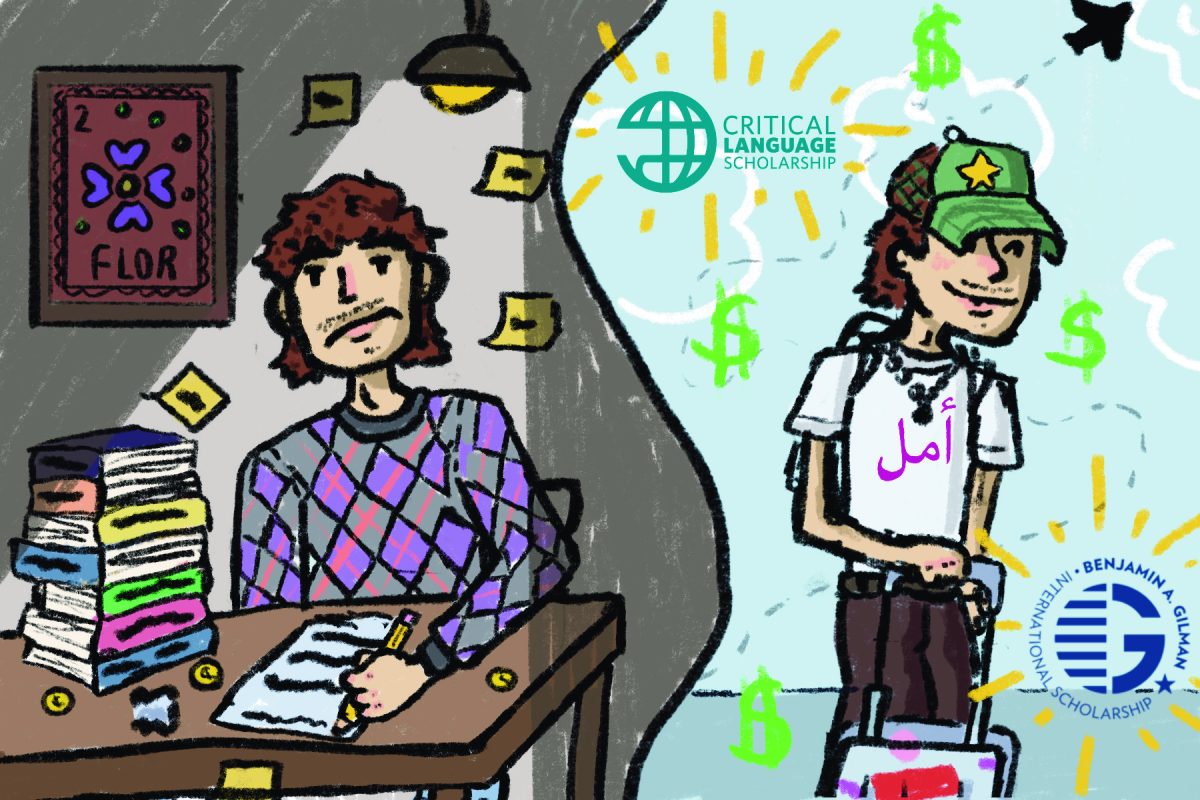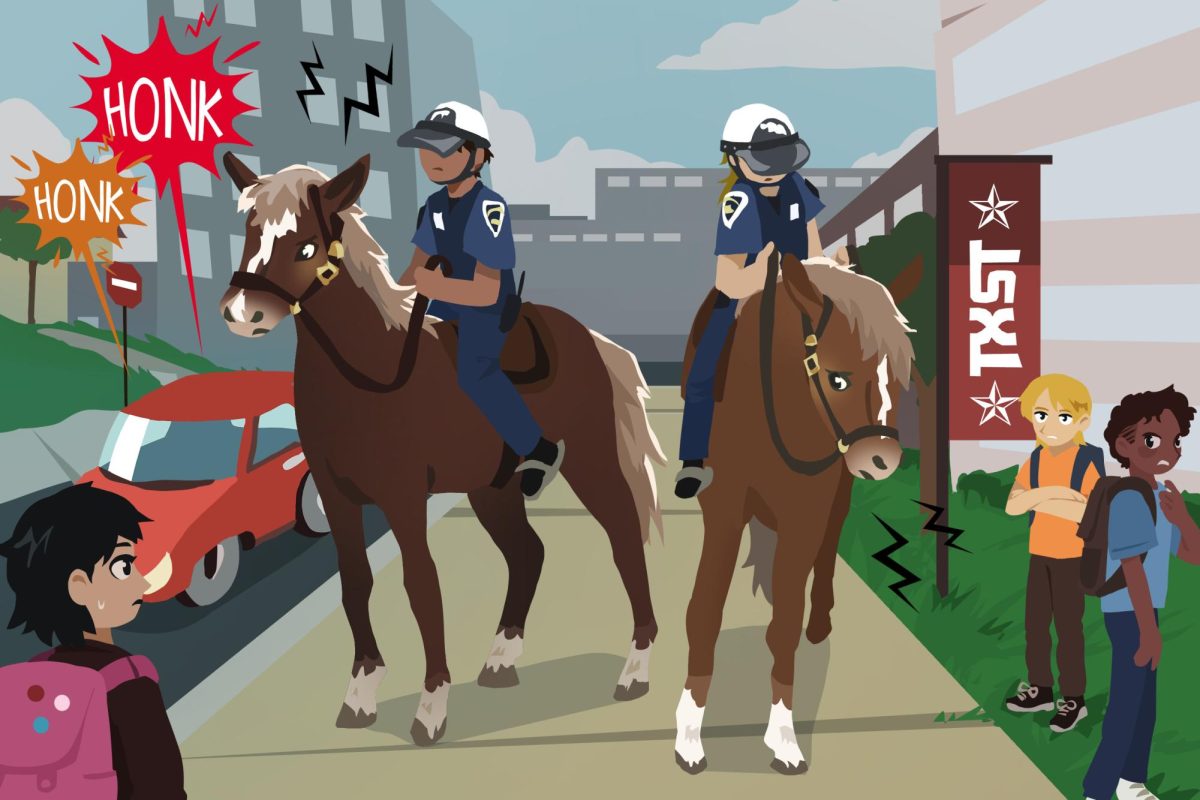College students should refrain from self-diagnosing themselves with a mental disorder, because the new trend glamorizes mental health disorders and negatively impacts the legitimacy of those who struggle with real mental health issues.
Instead of making an uneducated and unnecessary assumption about their mental health, students who are seriously concerned that they may have a mental illness should consult a trained medical professional.
The minimization of severity of mental health issues comes from loud and uneducated parties, usually on social media, handing out bad advice and incorrect diagnoses to whoever is gullible and ignorant enough to listen. This generalization has resulted in many college students misdiagnosing themselves with a mental disorder after experiencing even the most minor anxiety-inducing or depressing situations.
Although it is a positive and progressive thing that mental health has become a popular topic of public discussion, this constant conversation has generalized the symptoms and effects of common mental illnesses; watering them down to the most general feelings of nervousness and melancholia.
On college campuses today there are many students who are guilty of exploiting a self-diagnosed mental illness. For some mysterious reason, social media websites such as Twitter and Tumblr have glamorized mental disorders to the point where many young people think that those who struggle with their mental health are unique because of their illness.
The acceptance of this ridiculous concept led to students faking, pretending, or exaggerating the state of their mental health in an effort to appear special to their peers.For some students their sole personality trait seems to be their alleged mental illness.
Others exploit their supposed mental illness as a crutch or an excuse for their behavior. Instead of practicing and working over their fear of public speaking, a student will claim they “have anxiety” which prevents them from being capable of speaking in front of a group.
Instead of deciding to be sociable and trying to meet new people, a student will choose to stay at home all day because they are “too depressed” to go out. Rather than working on their flaws and growing as a person, these students are enabled by their “illness” to stay exactly the way they are.
Due to the dramatic surge in people claiming they suffer from a mental illness, it has become difficult to validate the feelings and experiences of those who have a legitimate mental disorder. It reduces the sincerity of their testimonies and lowers the respect other people have for their adverse situation. The more people allege to have a mental disorder, the more the general public is desensitized to the issue.
Anxiety and depression are just two of the many emotions that humans experience throughout their lives. Similar to anger, these emotions require regulation. Learning to control and work through your emotions is an important and necessary aspect of life.
Everyone gets anxious in stressful situations and sad in depressing situations, it is the duty of the person to be strong enough to not let their emotions control them and prevent them from doing what they need to do. Of course some people will be inherently better at managing certain emotions, but it is not impossible for someone to learn how to regulate their feelings of anxiety or depression.
College is intended to be a period of growth and education, resulting in a positive change in both your personality and work ethic. This egregious practice of self-diagnosing supports none of that, and instead it promotes anti-social and regressive behavior and thinking.
Out of respect for those who suffer from a legitimate mental illness, college students (and just about everyone else) should refrain from self-diagnosing themselves with mental disorders.
-Thomas Dunlap is a journalism senior
Opinion: Students should refrain from self-diagnosing mental illnesses
January 22, 2020
Donate to The University Star
Your donation will support the student journalists of Texas State University. Your contribution will allow us to purchase equipment and cover our annual website hosting costs.

























